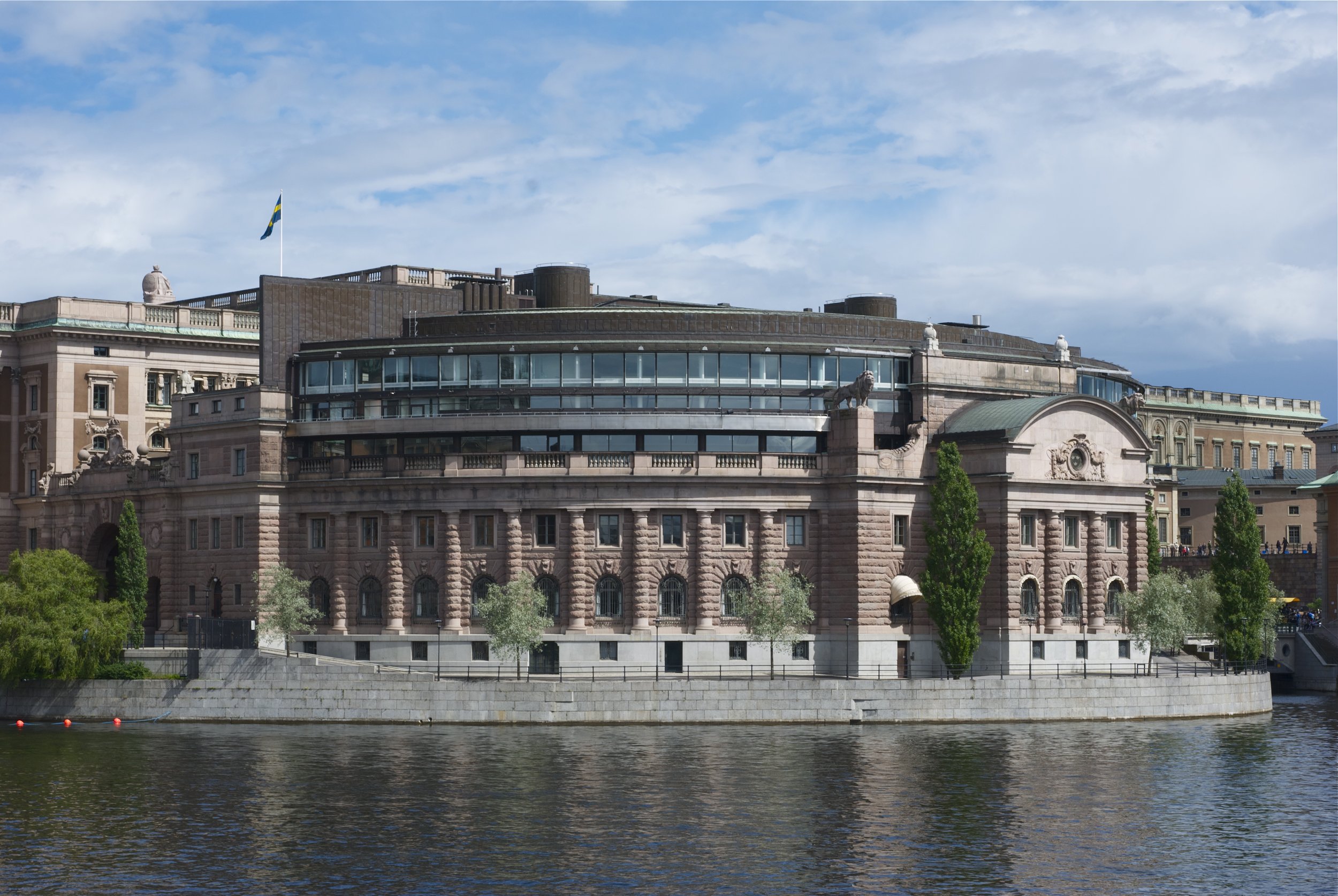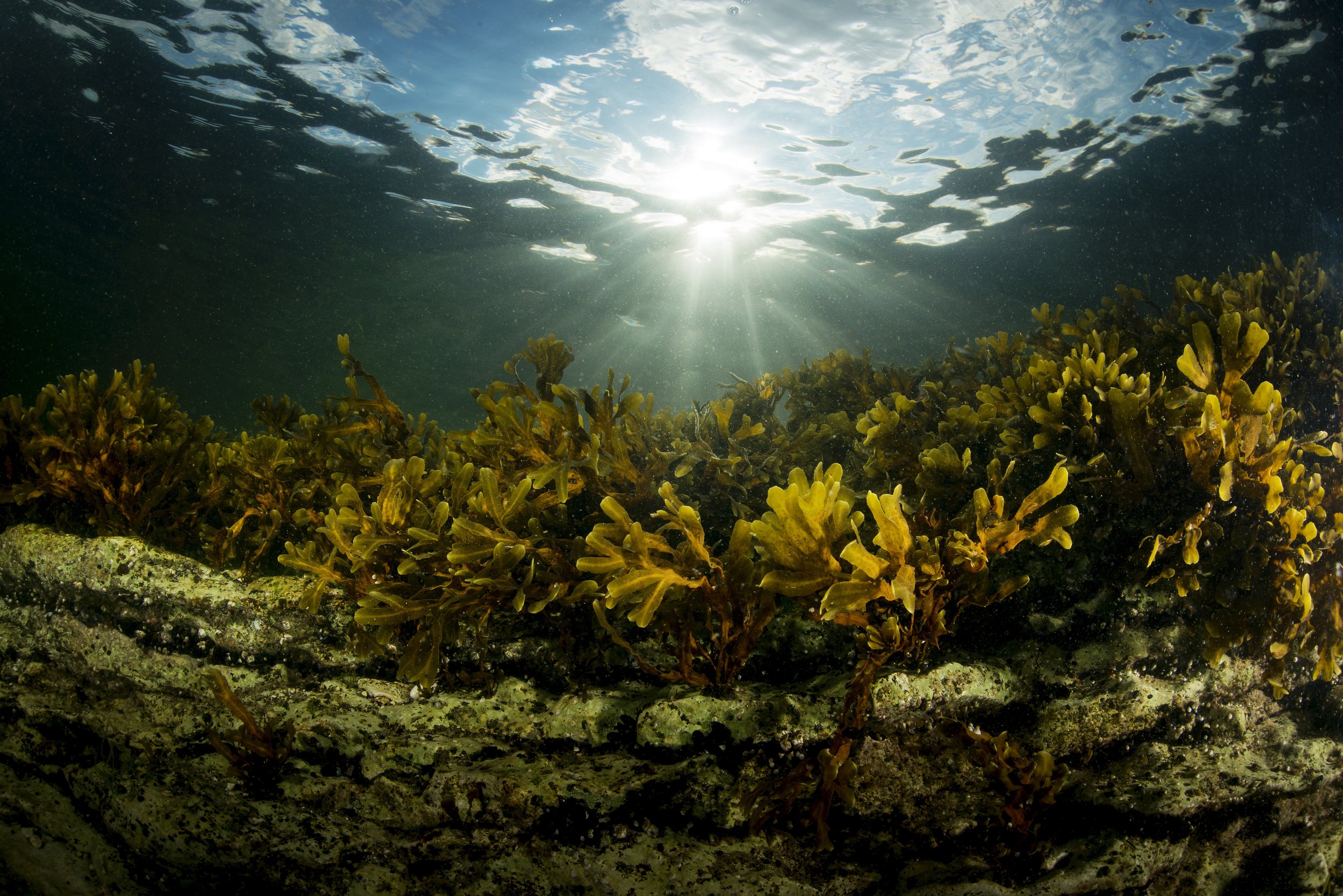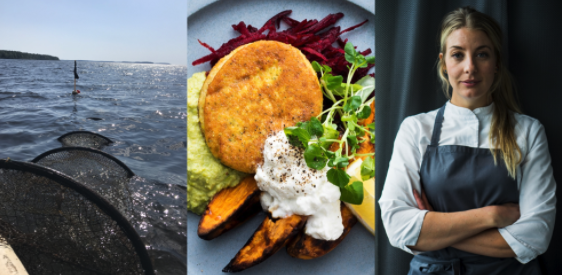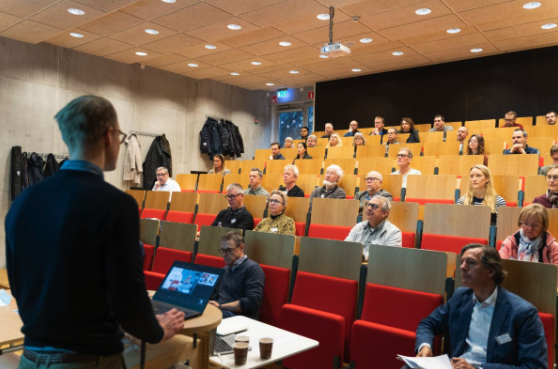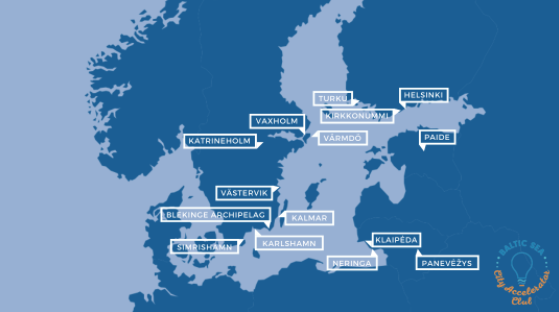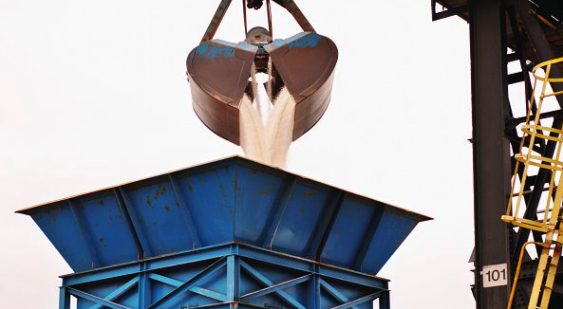The Water Framework Directive's action program is being reviewed
The implementation of the EU Water Framework Directive is Sweden's largest water management project ever. The measures land with great emphasis on the countryside with measures such as individual sewers and plant cultivation. The overall goal according to the Water Framework Directive is that all water bodies must have good water status in 2021, or by 2027 at the latest, and that water quality must not deteriorate. Good water status refers to the ecological and chemical status of surface water and the chemical and quantitative status of groundwater.
Inspirationsdag för åtgärder mot Övergödning i Nyköping
Den 5 maj bjuder Race For The Baltic in dig som jobbar med vattenfrågor till en inspirerande dag för att diskutera tillståndet i Östersjön, övergödning, internbelastning och vilka förslag på åtgärder som finns för att effektivt kunna komma framåt i arbetet för att nå EUs vattendirektiv år 2027. Dagen består av föreläsningar och mingel på Sunlight i Nyköping den 5 maj kl. 09.00-16.30. Läs mer och anmäl dig här.
Fish Project's final phase
During 2021 the Baltic Fish Project has grown from 3 to 10 involved fishermen and together they have fished more than 18 tonnes of bream and ide.
Underwater Restoration Project: Spreading knowledge
In the past quarter a lot of efforts were put into knowledge about the technology. During the quarter we have had individual meetings with municipalities, participated in LIFE IP Rich Waters inspirational event for municipalities, hosted an event for municipalities in southern Sweden and developed marketing material including a movie
Baltic Sea City Accelerator Club continues
In 2021 we held workshops at two different occasions with 17 different municipalities from 5 different countries. We are experiencing good progress and knowledge exchange amongst our municipalities and our next meeting is scheduled for the 26th-28th of April 2022 in Helsinki.
Port Project has created a buzz
In 2021, three new prevention covers were installed in two countries. By now the Port project has prevented approximately five ton of phosphorus from ending up in the Baltic Sea.

